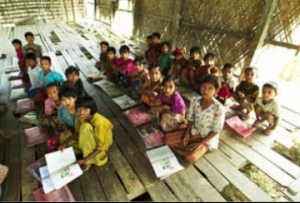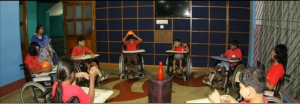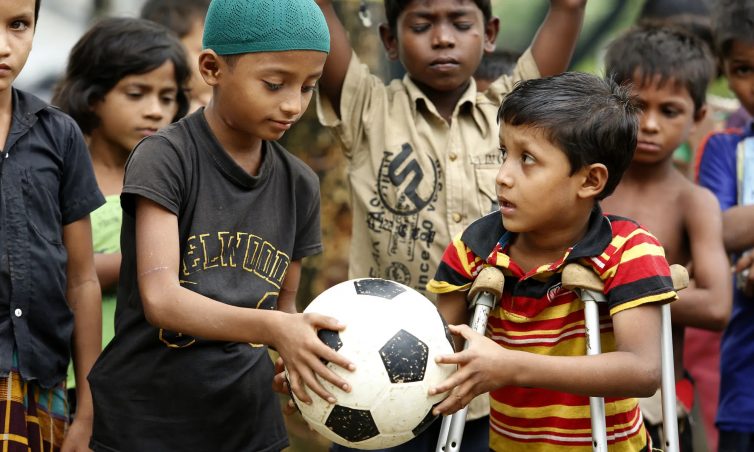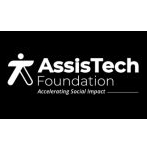In Asia, there exists a pressing crisis surrounding the inadequate support and services provided to children with disabilities. Despite commendable progress in various sectors across the continent, children with disabilities continue to face marginalization, hindering their ability to thrive and reach their full potential. This article delves into the prevailing issues surrounding this crisis, aiming to inspire collective action and drive positive change to create inclusive environments for these children.
A critical factor perpetuating the insufficient help provided to children with disabilities in Asia is the pervasive lack of awareness and understanding within society. Stigmatization, prejudice, and misconceptions create formidable barriers, inhibiting the integration of these children into mainstream education, healthcare systems, and social environments. However, by fostering a climate of understanding and empathy, we can challenge these barriers and create inclusive spaces where every child, regardless of ability, can flourish.
 The absence of inclusive educational opportunities exacerbates the challenges faced by children with disabilities in Asia. Limited specialized schools and inclusive programs result in inadequate learning environments for these children. However, inclusive education is not merely a moral imperative; it is a pathway to empowerment and societal progress. By investing in accessible infrastructure, trained teachers, and assistive technologies, we can unlock the transformative power of education, providing children with disabilities the platform they deserve to succeed.
The absence of inclusive educational opportunities exacerbates the challenges faced by children with disabilities in Asia. Limited specialized schools and inclusive programs result in inadequate learning environments for these children. However, inclusive education is not merely a moral imperative; it is a pathway to empowerment and societal progress. By investing in accessible infrastructure, trained teachers, and assistive technologies, we can unlock the transformative power of education, providing children with disabilities the platform they deserve to succeed.
Access to comprehensive healthcare and rehabilitation services is an essential aspect of addressing the needs of children with disabilities in Asia. However, many countries on the continent struggle to provide adequate medical support, early diagnosis, intervention, and ongoing care. This leaves a significant proportion of children with disabilities without access to essential services that can profoundly impact their quality of life. By bolstering healthcare infrastructure, training healthcare professionals, and ensuring affordability, we can establish a robust support system that leaves no child behind.
Inadequate legal protections and policies present formidable obstacles to improving the lives of children with disabilities in Asia. While some countries have disability-specific legislation, the enforcement and implementation of these laws often remain inadequate. It is imperative to advocate for stronger legal safeguards that comprehensively address the rights and needs of children with disabilities. By enshrining their rights in law and fostering an inclusive legal framework, we can create a supportive environment where every child is valued and protected.
Empowering children with disabilities and advocating for their rights is paramount to effecting lasting change in Asia. Strengthening disability rights advocacy efforts and amplifying the voices of children with disabilities and their families are essential steps toward building an inclusive society. By fostering a culture of active participation, representation, and meaningful inclusion, we can create environments that honor the unique perspectives and contributions of children with disabilities, fostering their self-esteem and facilitating their path to success.

The crisis surrounding the inadequate support for children with disabilities in Asia demands immediate attention and collective action. By fostering awareness, implementing inclusive educational policies, enhancing healthcare and rehabilitation services, and strengthening legal protections, we can create an environment that embraces and supports every child. Let us inspire and empower one another to collaborate—governments, NGOs, communities, and individuals—towards building an inclusive society that celebrates the abilities and potential of every child with disabilities in Asia. Together, we can forge a future where every child has the opportunity to thrive, regardless of their abilities, and where inclusivity becomes the cornerstone of our collective progress.
































